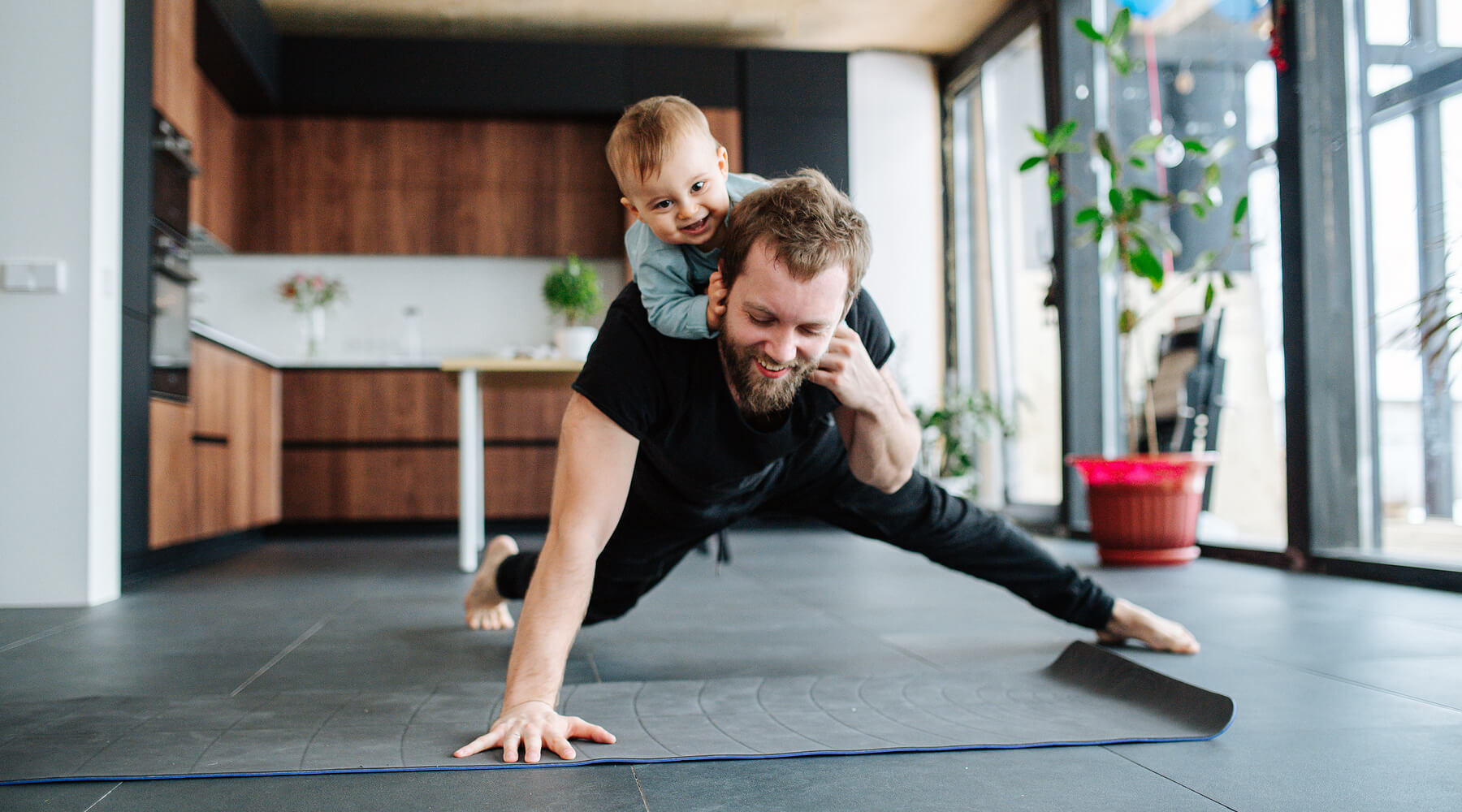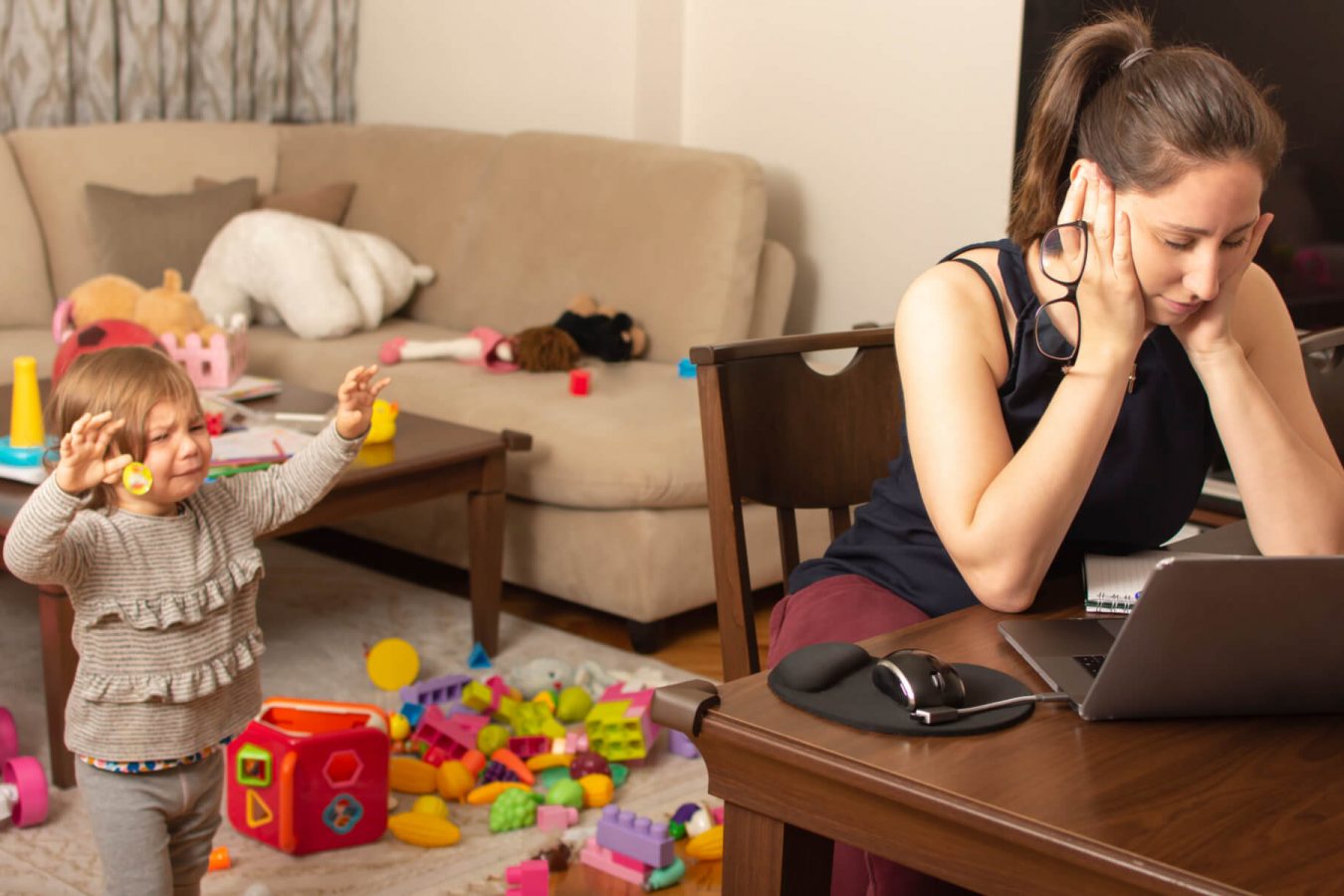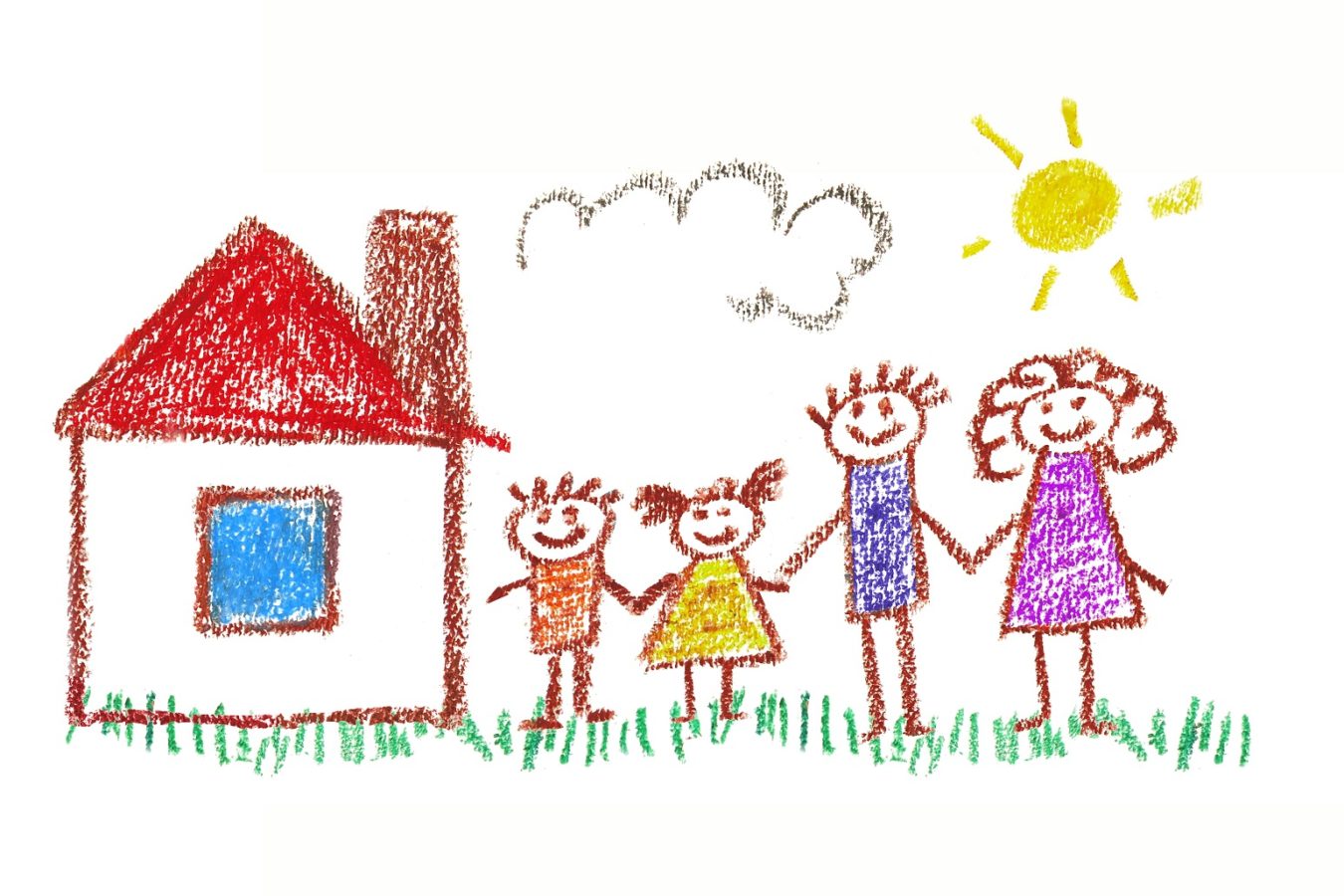
Researchers from Curtin University want to hear from parents with new children how they balance parenting with the rest of their lives, writes Hugh Riddell.
It seems like modern parents are expected to do more than ever. At the same time as looking after a baby, they are expected to keep their careers on track, exercise, eat right, make time for friends…the list goes on.
One of the biggest challenges faced by many new parents is working out how to avoid conflicts between their life and the demands of raising a child. As many parents would be able to tell you, finding good advice on how to get used to the big lifestyle adjustments that accompany parenthood is not always easy.
This was the experience of professor Nikos Ntoumanis and his wife, Cecilie (also a professor) after having their first daughter. Both had promising academic careers ahead of them, which they suddenly found had to be worked around nappy changes and nurse visits. Much of the parenting material available to them at the time focused on how to be a great parent, but ignored the fact that most people have other important goals that they may not want just put on hold.
Nikos had been researching the links between motivation, goal striving and psychological wellbeing in athletes. He saw parallels between the challenges faced by athletes and those faced parents, particularly when it comes to staying motivated and balancing competing goals. Part of the problem is that both parenting goals and life goals tend to have long-term aims, which require day-in, day-out effort. Inevitably, staying on track can be difficult. At the same time however, failing to achieve a goal or falling behind can leave an individual feeling drained and burnt out.
This lead Nikos, Cecilie and a group of their colleagues at Curtin University in Perth to create the STAR project – a research project funded by the Australian Research Council aimed at investigating how people can strategically select and work on goals in order to increase the likelihood of their attainment.
At the centre of the project is a long-term study looking at how new parents learn to balance their parenting goals with other important life goals like work, socialising or making time for leisure activities.
Parents check in with a smartphone app
The study uses a smartphone app to regularly check in with parents and track their goal progress over several months. This enables the researchers at the STAR project to determine the factors that contribute to successfully balancing parenting and life goals. The plan is to share the research with local organisations that cater directly to new parents, such as child-parent centres, playgroups and day-cares, to make sure that these new resources are available to the community that needs them.
Early results from the project suggest people tend put in more effort, persist longer and are more likely to achieve what they set out to do if they set goals that they are personally invested in, rather than goals that are driven by rewards or pressure from other people. The research also emphasises the importance of maintaining a flexible approach. It is important for people to recognise and accept when they don’t have the time or energy to invest in a goal, as this can help to avoid repeated experiences of failure and the negative impact that this can have on an individual’s psychological health. It is, after all, always possible come back to a goal at a later time or find something else to strive for.
On average, parents spend over 75 hours per week either working or taking care of children1. This leaves precious little space for much else. For parents, perhaps more than anyone else, it is important to take the time to both reflect on why they are attempting to achieve something and to have a pragmatic mindset when it comes to their progress.
The STAR project is ongoing and is currently looking for parents (both mothers and fathers) from all over Australia who have a child aged between 6-24 months to take part.
The study will be running until the end of December 2021, however places are limited. If you would like to learn more about the study or sign up you can watch the video below or visit our website.
Find out moreAbout the author
Hugh Riddell is a Research associate at the STAR project, Curtin University
1 https://aifs.gov.au/facts-and-figures/work-and-family
Subscribe to The Parents Website


